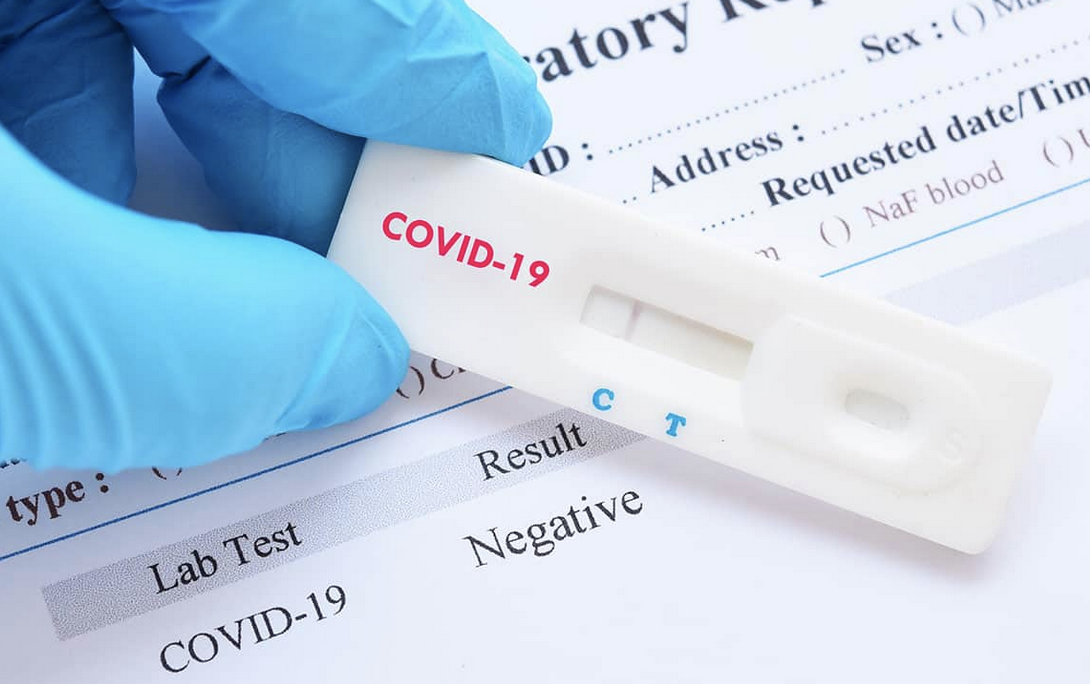
In a startling revelation, a prominent COVID-19 testing laboratory has fallen victim to a severe data breach, leaving an estimated 1.3 million records exposed. The breached database comprises sensitive information, including 118,441 certificates, 506,663 appointment records, and details of 660,173 testing samples. Coronalab.eu is owned by Microbe & Lab, an ISO-certified laboratory based in Amsterdam, Netherlands. As authorities investigate the incident, individuals affected by the breach are advised to be cautious and take immediate steps to protect themselves.
Scope of the Breach:
The compromised database reveals a wealth of personal information:
- 118,441 Certificates: Individuals’ official COVID-19 test results.
- 506,663 Appointments: Comprehensive scheduling details for those seeking testing.
- 660,173 Testing Samples: Crucial data related to the COVID-19 testing process, including sample details and results.
Risks and Potential Consequences:
- Identity Theft and Fraud:
- Affected individuals should be vigilant for potential identity theft and fraudulent activities. With personal details exposed, there is an increased risk of unauthorized use for financial gain.
- Health Privacy Concerns:
- The public disclosure of COVID-19 test results may lead to stigmatization or discrimination. Individuals should be aware of the potential impact on their personal and professional lives.
- Phishing Attacks:
- Cybercriminals may capitalize on the breached information to launch targeted phishing attacks. Affected individuals should exercise caution and verify the authenticity of communications.
Immediate Response from the Testing Lab:
The testing laboratory is actively collaborating with cybersecurity experts to:
- Investigate the breach’s extent.
- Identify vulnerabilities that were exploited.
- Strengthen security measures to prevent future incidents.
What Affected Individuals Should Know:
- Monitor Financial Statements:
- Keep a close eye on bank statements and credit reports for any unauthorized transactions. Report suspicious activities to financial institutions promptly.
- Update Passwords:
- Change passwords for online accounts, especially those associated with healthcare or testing services. Use strong, unique passwords for each account.
- Be Wary of Phishing Attempts:
- Exercise caution when receiving emails, messages, or calls related to COVID-19 testing. Verify the legitimacy of communications before sharing any additional information.
- Understand Health Privacy Rights:
- Familiarize yourself with health privacy laws and regulations to better understand your rights and protections in the wake of such a breach.
As the investigation unfolds, affected individuals must remain vigilant and take proactive measures to mitigate the potential risks associated with the COVID lab data breach. This incident underscores the critical need for robust cybersecurity measures in organizations handling sensitive health data, emphasizing the importance of collective efforts to protect individuals’ privacy in an increasingly digitized world.


